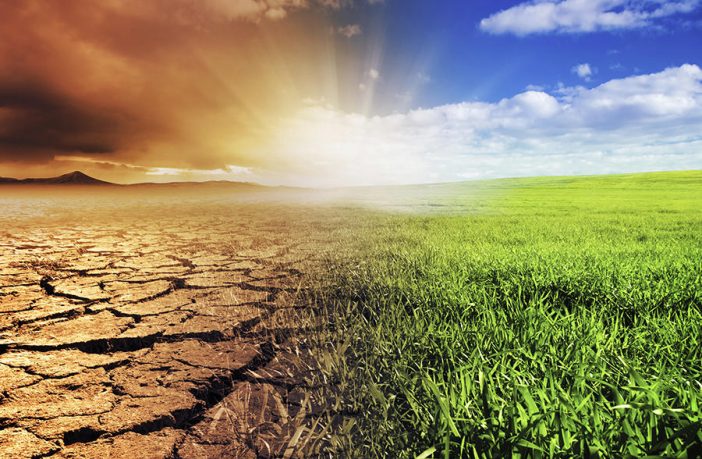- Yesterday, the International Energy Agency released the Africa Energy Outlook 2022 report, which indicated that the global energy crisis necessitates measures to urgently scale up cheap and clean energy sources in Africa.
- The report acknowledges the huge potential in the renewable energy sector on the continent, noting that an annual investment of $25bn is needed to deliver universal energy access in Africa by 2030.
- On climate finance to enable Africa meet its energy needs and climate goals, the report revealed that this would require over $190 billion each year from 2026 to 2030, with two-thirds going to clean energy.
The report however asserts that the continent’s industrialisation relies in part on expanding gas use, which is a change of tune from IEA’S own report on Net Zero by 2050, which called for no new investment in fossil fuels. In the year of the UN climate talks, COP27, being held in Africa, suggesting fossil fuel investment on the continent most vulnerable to climate change is concerning. Climate justice activists among them 350Africa.org oppose this push for gas expansion in Africa, saying this notion, which is not aligned with the pathway to keep global warming under 1.5 degrees, would only further the interests of the fossil fuel industry and developed nations at the risk of impoverishing African nations.
Landry Ninteretse – Regional Director, 350Africa.org said,
“Despite recent discoveries of gas reserves in countries such as Mozambique, Senegal, Mauritania, Tanzania and South Africa, global bodies such as the IPCC indicate that a phase out of all fossil fuels, including gas, is urgently needed to avoid the worst impacts of climate change. In its own report, last year, the IEA called for no investment in new fossil fuel supply projects. Climate and energy crises are caused by the continued dependence and addiction to fossil fuels. Pushing for the exploitation of gas in Africa will primarily benefit the fossil fuel industry and western societies seeking to fill the gap left by current shortages from Russia, while failing to meet the real and pressing energy needs of ordinary people. Rather than engaging in opportunistic and exploitative pursuit of fossil fuels from Africa, developed countries historically responsible for the climate crisis should massively increase their financing of ambitious renewable energy plans that respect the social, economic and environmental rights of Africans.”
Author: 350.org















